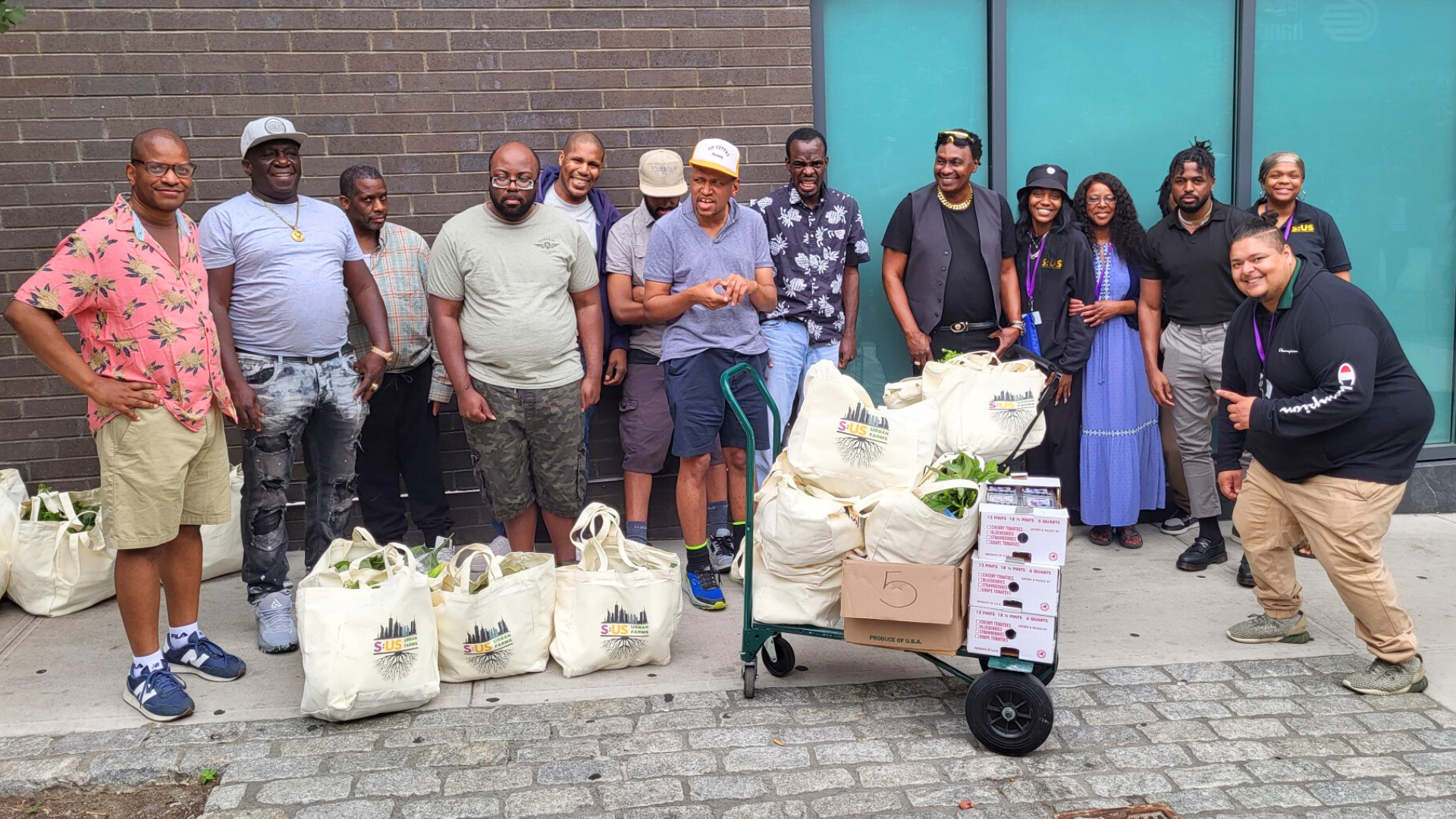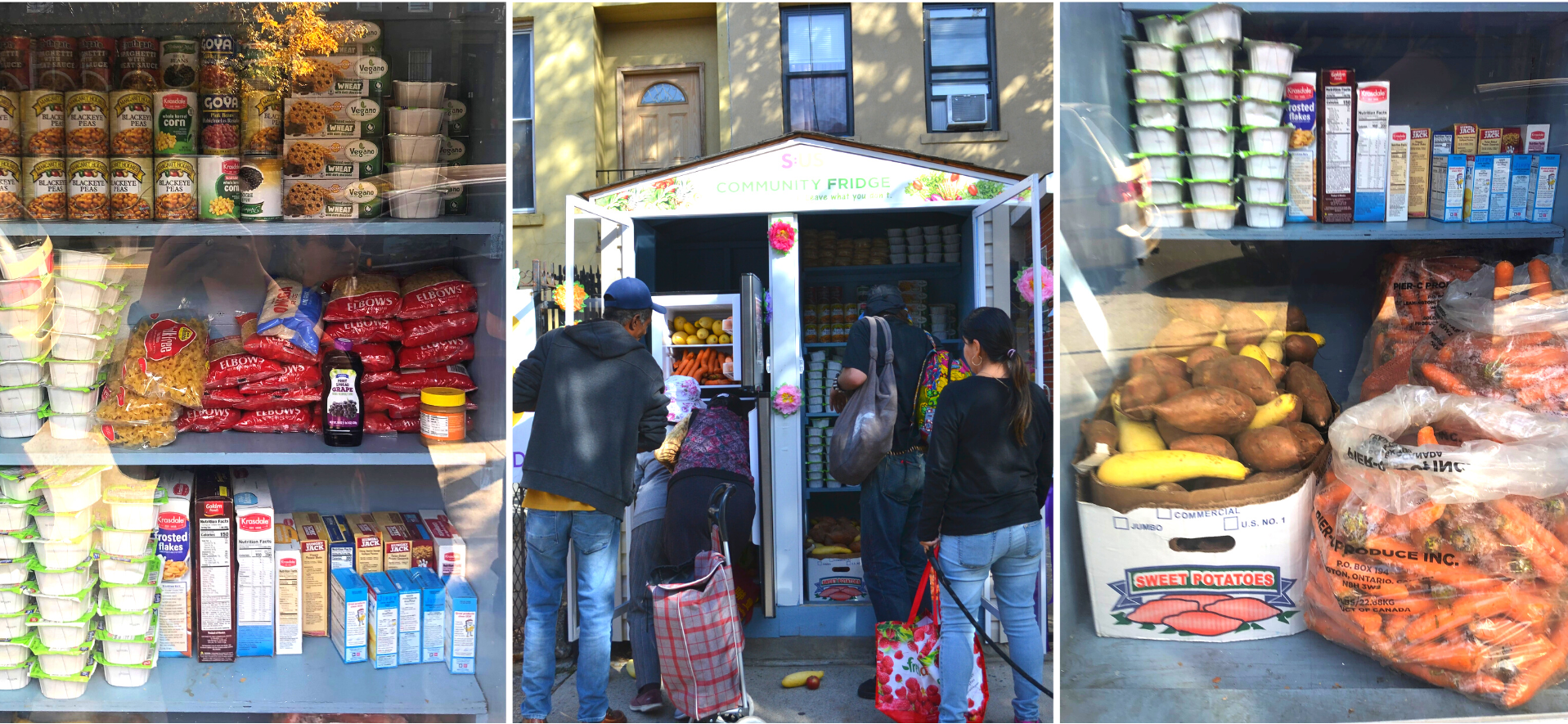Tackling Hunger and Homelessness in New York City

Caption: People served with disabilities distributed fresh produce and pantry items to families at our supportive housing programs in the Bronx.
November is Homelessness Awareness Month and November 11-18 is Hunger & Homelessness Awareness Week.
As we all know, food insecurity is skyrocketing—we see it among the people we serve, the communities we are in, and even among some of our staff. According to the True Cost of Living Report, 50% of working households in New York City are struggling to make ends meet. And food scarcity increases anxiety and depression. We know that hunger doesn’t fall equally across the city – it hits particularly hard in communities of color and the people we serve.
In recent years, homelessness in New York City has reached the highest levels since the Great Depression of the 1930s. In September 2023, there were 87,907 homeless people, including 31,510 homeless children, sleeping each night in New York City’s main municipal shelter system. A total of 22,778 single adults slept in shelters each night in September 2023.

Community members helping themselves to free fresh produce and pantry items at the S:US community fridge in Brooklyn.
As an organization advancing social justice, S:US is at the forefront of both hunger and homelessness. In April, we developed a Food Security White Paper on the complexities of food insecurity, highlight innovations and best practices in food justice, and call for collective action to eradicate food insecurity in our communities. This year, our Urban Farms grew 10,000 pounds of fresh produce, which is equivalent to more than 8,500 meals, with an estimated market value of more than $45,000. We have 75 growing spaces in Brooklyn, Manhattan, Queens, and the Bronx, including eight community farms. We also launched three community fridges in Brooklyn and Bronx communities where we work and live. We also delivered foot totes to supportive housing families this summer.
At S:US, we operate shelters for homeless individuals and families, for people living with HIV/AIDS, for individuals with mental health challenges and for families experiencing domestic violence. And we connect homeless people to medical centers to ensure primary medical care and adherence to treatment. S:US also operates Homebase, a homeless prevention community resource center that covers all of Manhattan, and includes the 30th Street Intake Shelter and on Riker’s Island. The center provides anti-eviction services to solve immediate housing crises, divert individuals at risk from the shelter system and address other issues that place individuals at greatest risk for homelessness.
